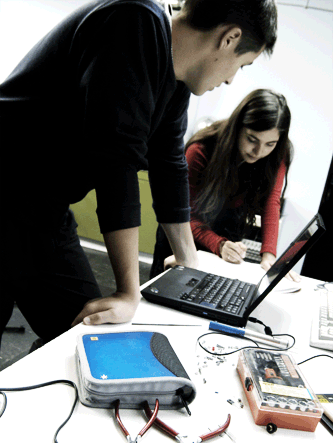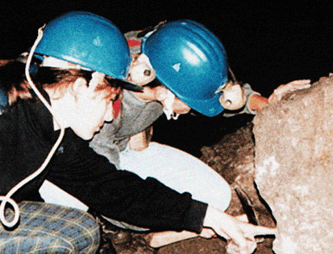Petnica Science Centre - Innovative Support to gifted Students and Ethusiastic Teachers
To implement Science Centers in other countries
Petnica-like organizations are always valuable supplement to existing educational system. However, although such centers are fairly easy to establish, they appear to be very hard to sustain because of the lack of the public sensitivity to issues of extracurricular science education. Rich international contacts and active co-operation with similar organizations worldwide are, therefore, very important for the existence and development of all such centers.
The crucial needs for begin a PSC like experience are:
• The essential point in developing similar experience designed on the PSC path is to reach the declared interest of the national educational authorities, universities, teachers associations, and leading schools of the country.
• A pool of associates among scientists and school’s teachers is essential for realize the activities. Majority of Petnica Science Center associates are volunteers or people engaged on small honoraria basis.
• To build a strong relation with a great number of school in the country. Real interest in science and motivation for individual work are not always spread among students. If you want to achieve high quality and coherence within a group of students, you should target by the program at least hundred schools.
• Find the cooperation and the engagement of the university students coursing faculties of science. The most valuable group of associates (technical assistants, advisors, critics and instructor) are university students. They easily realize how much they personally can learn by helping others to do so.
• Try to find an interesting location keeping in mind that it may expand later. Boarding facilities are essential for many-day courses and programs. Petnica’s experience shows that one should plan minimum 40 students/teachers at the same time (because of expected interactions, team work, and social activities) but not more than one hundred (because of individuallyoriented activities). Outdoor activities need some free land and local environment attractive for small students’ or teachers’ projects.
• Good technical facilities like modern laboratories, big library, computer network, field-work equipment are important but not crucial for beginning in the implementation of the experience. In the beginning be carefully with too many “good will advisers and councillors” who can make mess of inconsistent ideas and initiatives. It could be very good to make an “initial task force” consisted of a couple of enthusiastic teachers, a couple of gifted university students and youth activists, a couple of experienced and skilled people who can cover areas of financing, legal issues, capital investments, purchasing, public relation, staff engagement, etc. Starting concepts and expectations must be very clear. 
A few practical tips concerning opportunities and some typical problems expected in establishing Petnica-like type of programs:
• A center could start with small number of programs in order to take experience and
establish internal coherence and co-ordination. There is no need for expensive facilities and sophisticated laboratory equipment. The critical parameter is number of involved enthusiasts.
• The spirit and the methodology adopted are essential: intensive problem oriented work and a lot of motivated and enthusiastic people always create stimulating surrounding and conditions for the research.
• Is suggested to avoid giving awards, diplomas or any other type of formal recognition to the participants. They are supposed to work for their own intellectual benefit. If you introduce inadequate external motivation, you would unavoidably change population applying for the program.
• Be informed what other similar programs and organizations are doing. Do not hesitate to include somebody from abroad in the initiative team. Invest some money and time in training staff, visits, and study travel. Advanced teaching in these areas always requires international co-operation from institutions, organizations or foundations concerned with science or education at least through exchange of ideas and information.
DOWNLOAD THE BROCHURE PDF
English (0.9 MB)Spanish (0.9 MB)
ONLY TEXT
•Petnica Science Center in practice








 COUNTRY OF ORIGIN
COUNTRY OF ORIGIN